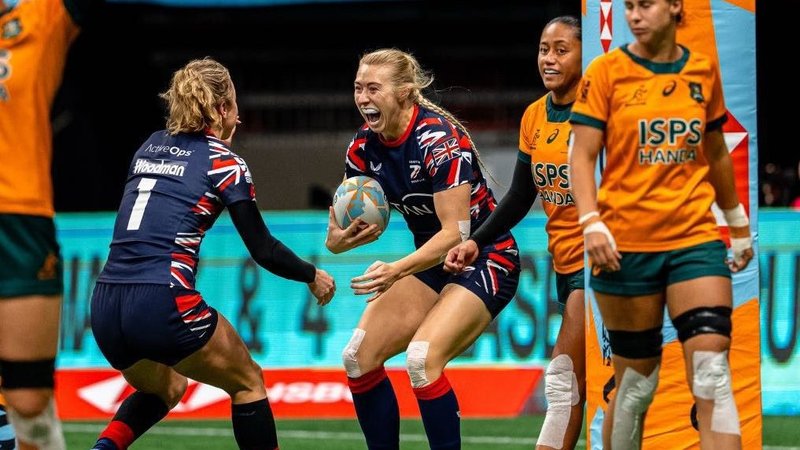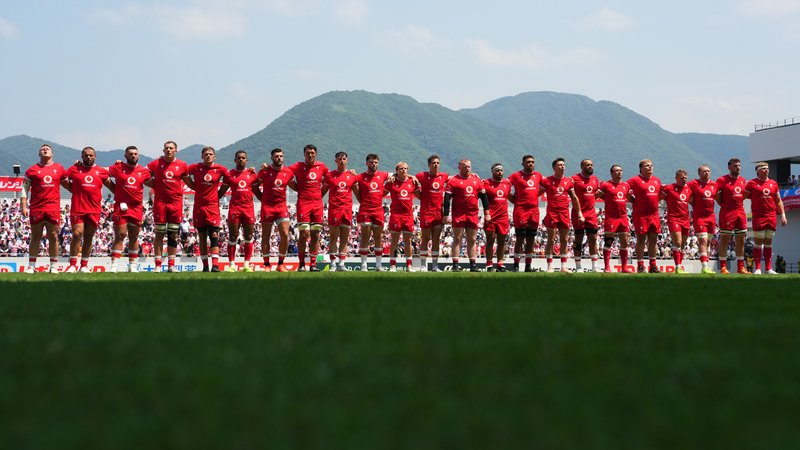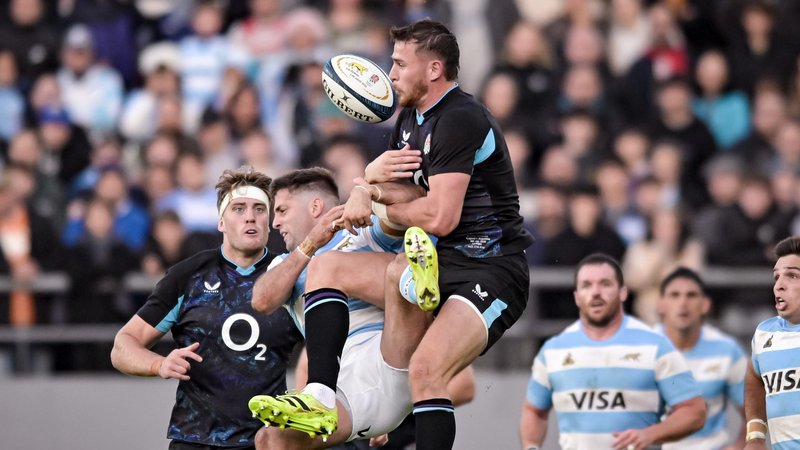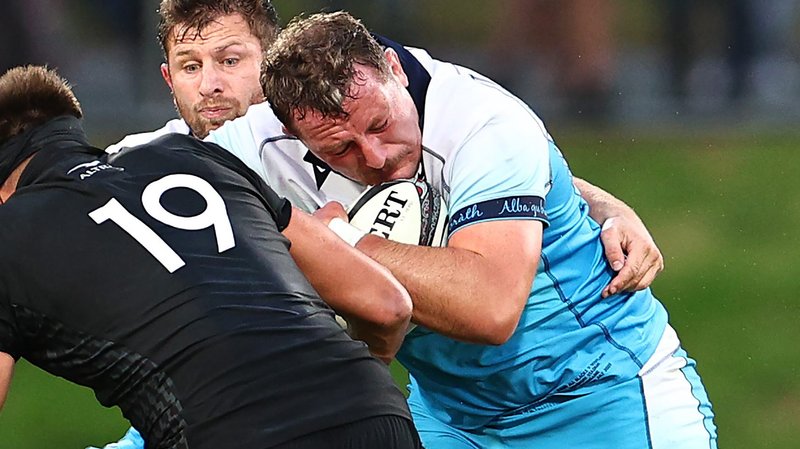The Gallagher Premiership season kicks off this weekend with a significant number of new player welfare-driven initiatives and research projects as well as World Rugby law trials.
A panel of World Rugby Independent Concussion Consultants will be introduced into the Premiership to provide independent expert opinion on whether a player should return to play following a confirmed concussion and the successful completion of the six-stage Graduated Return to Play process for elite competitions.
From this season it will be mandatory for Premiership teams in all competitions to seek an Independent Concussion Consultants review if either return to play is expected within or on the 10th day, or reflecting the sport’s focus on an individualised approach to concussion management, a player is deemed as higher risk irrespective of the time taken to return.
In conjunction with the Rugby Football Union and Rugby Players Association, Premiership Rugby will continue to stay at the forefront of player welfare innovations and clubs will be involved in a series of research projects which includes a league-wide instrumented mouthguard (iMG) project.
This will further develop our understanding of the contact demands of matches and training, and will take place during the 2021/22 and 2022/23 seasons.
Premiership Clubs and England coaches, conditioners, medical staff, the RPA and players have also collaborated with researchers from the University of Bath in the development of a standardised framework to accurately categorise contact and non-contact training activities. Data from the league-wide iMG project will be integrated with this standardised categorisation with the aim of reducing head impact exposure in training and matches.
Alongside the mouthguard project, PRL will move into a new phase of the Micro RNA Study, started in 2017, diagnosing concussion using saliva, which may pave the way for the first non-invasive clinical test for concussion for use in sport and other settings.
Earlier this year Professor Antonio Belli, consultant neurosurgeon and Professor of Trauma Neurosurgery at the University of Birmingham, described the study’s findings as “game-changing”.
Away from the field of play, Premiership Rugby is partnering with the RFU to establish a new Brain Health Clinic for retired players. The Advanced BRAIN Health Clinic will see the RFU and PRL partnering with independent clinical and academic experts Professor David Sharp and Dr Richard Sylvester.
The specialist clinical service, which will be run at the Institute of Sport, Exercise and Health (ISEH), will provide assessment and management of retired elite rugby players between the ages of 30-55 who have concerns over their individual brain health.
Phil Winstanley, rugby director at Premiership Rugby, said: “Premiership Rugby and all our clubs are united in our commitment to reduce the risks of concussion and more broadly the exposure to head impacts. This is a game-wide issue and progress will be made through continued collaboration with stakeholders across rugby, both in England and the international game.
“Over the last decade, we have developed several initiatives to prioritise player welfare, including having Hawkeye technology pitchside, head injury video reviewers in the stands and independent matchday doctors at every game.
“Science and technology are at the centre of our strategy and it’s important we continue to develop our understanding via our leading research programme to further allow us to make player centred decisions.
“This season, using new technology, we plan to involve hundreds of players in the instrumented mouthguard project in order to provide valuable data to increase our understanding of all head impact exposure in matches and training. This will help to shape continued action to protect players across the professional game.
“In addition, as well as promoting the welfare of current players, we want to make sure there is access to expert clinical support for any recently retired players that have concerns over their long-term brain health. Alongside the RFU, we will be investing in a Brain Health clinic which will provide clinical assessment and on-going expert support for former professional players.”
Chris Mead, chief marketing officer at league sponsors Gallagher, said: “Using data and analytics is fundamental to understanding and effectively managing risk in all areas of our lives, including within sport and player well-being.
“As a risk management business and title partner of Gallagher Premiership Rugby, we applaud the investments that are being made to develop new and innovative ways of risk mitigation and in the support and welfare of players, both during their on-pitch careers and into retirement.”
In addition to these commitments to player welfare, Premiership Rugby will be trialing a number of welfare-driven law trials:
• 50:22: This law trial is intended to create space via a tactical choice for players to drop out of the defensive line in order to prevent their opponents from kicking for touch, reducing impact of defensive line speed.
• Goal-line drop-out: This law trial is intended to reduce the number of scrums, reward good defence, encourage counter-attacking and increase the rate of ball in play.
• Pre-bound pods of players: Outlawing the practice of pods of three or more players being pre-bound prior to receiving the ball – sanction will be a penalty kick.
• Sanctioning the lower limb clear-out: Penalising players who target/drop their weight on to the lower limbs of a jackler – the sanction will be a penalty kick.
• Tightening law relating to latching: One-player latch to be permitted, but this player has the same responsibilities as a first arriving player (must stay on feet, enter through gate and not fall to floor) – the sanction will be a penalty kick.
For full details of the law trials click here.






